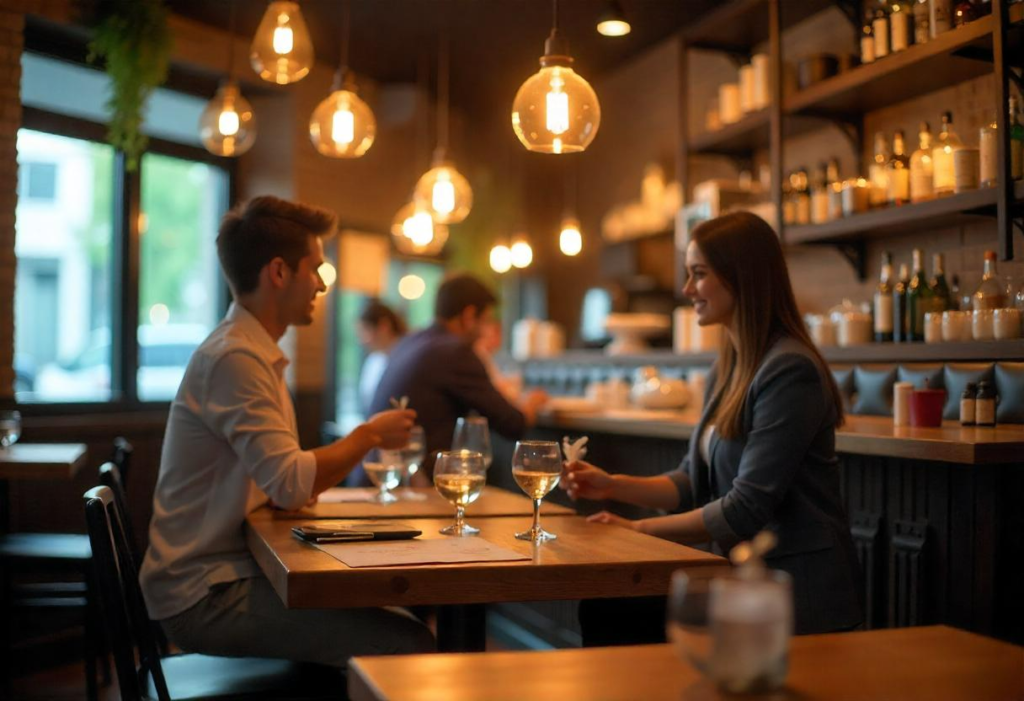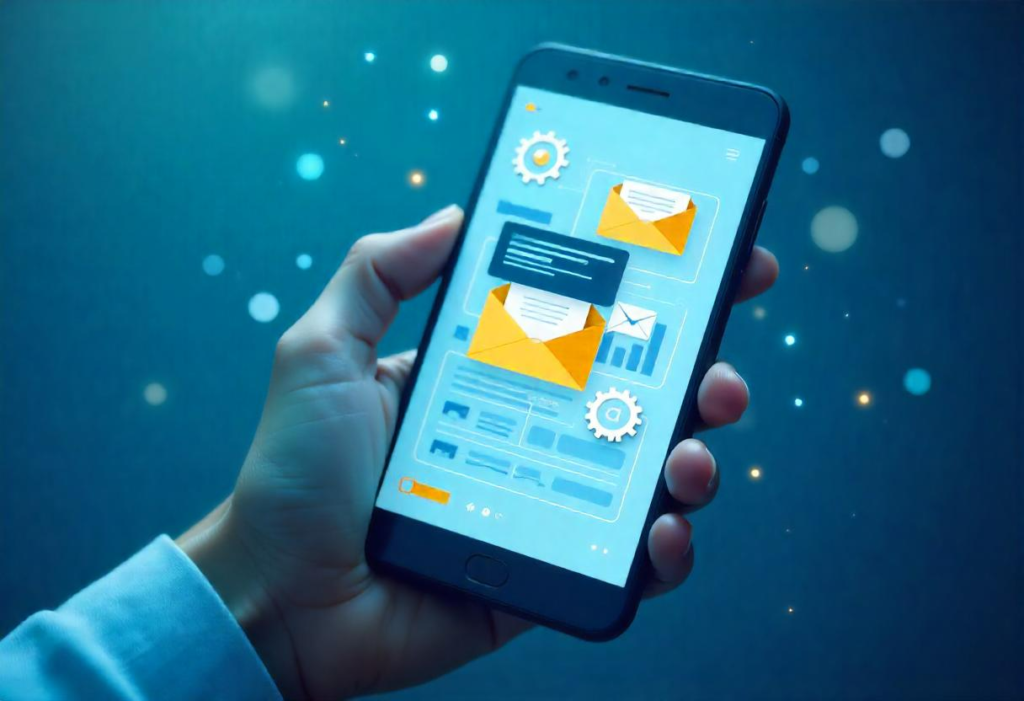The restaurant industry is evolving fast, and in 2025, success depends on more than just great food. Digital tools for restaurants are now essential for enhancing marketing, streamlining operations, and delivering personalized customer experiences. From AI-powered CRMs to automated social campaigns and loyalty apps, the right technology can set your restaurant apart in a competitive market.
1. AI-Driven Customer Relationship Management (CRM) Tools
Customer data is the foundation of personalized marketing. AI-enhanced CRM platforms such as Thanx, Eat App, and Upserve now offer real-time insights, automated segmentation, and loyalty integration. These tools help restaurants:
- Track guest behavior across multiple channels
- Personalize promotions and communications
- Segment audiences by visit frequency, spend, or dietary preferences
- Automate re-engagement with lapsed customers
Why It Matters: Personalized marketing powered by AI yields higher engagement and repeat visits. Restaurants using CRM automation saw a 30% average increase in customer retention in early 2025.

2. Omnichannel Social Media Automation Platforms
Platforms like SocialPilot, Later, and Zoho Social are essential for maintaining consistent and branded communication across Instagram, Facebook, TikTok, and Google Business. With new AI scheduling features and content recommendations based on trending hashtags, restaurants can:
- Schedule entire month-long campaigns in under 30 minutes
- Analyze post performance by day and hour
- Monitor reviews and mentions in real-time
- Use AI to generate engaging captions and visuals
Pro Tip: Leverage user-generated content campaigns and auto-tag customers to boost community engagement.
3. Advanced Online Ordering and Delivery Integrations
Seamless integration with ordering platforms is critical. Tools like Toast Online Ordering, Flipdish, and Tock now offer:
- Branded digital menus and contactless payments
- Cross-platform order syncing (POS + website + third-party apps)
- Built-in upsell prompts based on order history
- Real-time analytics on order trends and delivery feedback
Impact: Restaurants utilizing smart ordering systems reported a 20–45% increase in direct online orders, reducing third-party fees and improving profit margins.
4. Email and SMS Marketing Automation
Despite the rise of social media, email and SMS remain top channels for retention. Tools like Mailchimp, Klaviyo, and SlickText offer restaurant-optimized flows such as:
- Birthday and anniversary offers
- Abandoned cart recovery for online reservations or gift cards
- Drip campaigns for new subscribers
- Surveys and feedback collection post-visit
Best Practice: Segment lists based on engagement behavior and time last visited to maximize ROI.

5. Loyalty and Rewards Program Tools
Loyalty programs are now expected by diners. Platforms like Belly, Fivestars, and Yollty allow restaurants to:
- Create customizable rewards (visits, amount spent, referrals)
- Sync rewards with online and in-store purchases
- Gamify loyalty (badges, levels, referral bonuses)
- Use push notifications to trigger return visits
Statistics: Loyalty members spend 18% more per transaction and visit 22% more frequently, according to Q1 2025 analytics reports.
6. Reputation Management and Review Automation
Managing online reputation is vital for customer trust. Tools like Reputation.com, Birdeye, and ReviewTrackers help restaurants:
- Automatically request reviews after dine-in or delivery
- Respond to reviews across all platforms from a single dashboard
- Monitor sentiment trends over time
- Flag and escalate negative feedback internally
Reminder: Over 80% of customers read reviews before choosing a restaurant—your ratings are your first impression.
7. Visual Content Creation and AR Menu Integration
Visual branding and immersive experiences drive higher engagement. In 2025, tools like Canva Pro, GlideAR, and Model Viewer enable restaurants to:
- Design high-quality menus, stories, and promos in minutes
- Deploy AR food previews for digital and in-store menus
- Showcase dish preparation with short-form video
- Use drag-and-drop templates optimized for Instagram Reels and TikTok
New Trend: Augmented Reality (AR) menus help reduce order confusion and increase customer satisfaction by up to 28%.
8. Marketing Analytics and Reporting Dashboards
Measuring what matters is easier with tools like Google Analytics 4, Looker Studio, and Restaurant365. These platforms allow deep-dive visibility into:
- Conversion rates of marketing campaigns
- Correlations between promotions and reservations
- Revenue vs ad spend tracking
- ROI per channel (email, SMS, social, loyalty)
9. AI Chatbots and Reservation Assistants
Conversational AI is transforming how guests interact with brands. Tools like Tidio, Chatfood, and Otter AI Assistants can:
- Handle bookings and FAQ via website or WhatsApp
- Suggest dishes based on dietary preferences
- Integrate with loyalty profiles to recommend personalized offers
- Collect feedback conversationally
Noteworthy: Restaurants using chatbots reduced call center load by 65% and improved table turn time.
Build a Smart, Unified Marketing Stack
In 2025, restaurants that adopt a holistic digital strategy using these tools are better positioned for sustained growth. Integration, personalization, and data-backed decisions will define marketing success. Investing in the right platforms now can drive measurable impact for years to come.
For emerging and established restaurants alike, the future is not only digital — it’s intelligently automated
🔗 Let’s connect and grow together!
🤝 Meet us now | 📍 Saudi Arabia | 💬 WhatsApp Us | 🌐 www.tijarah360.com

